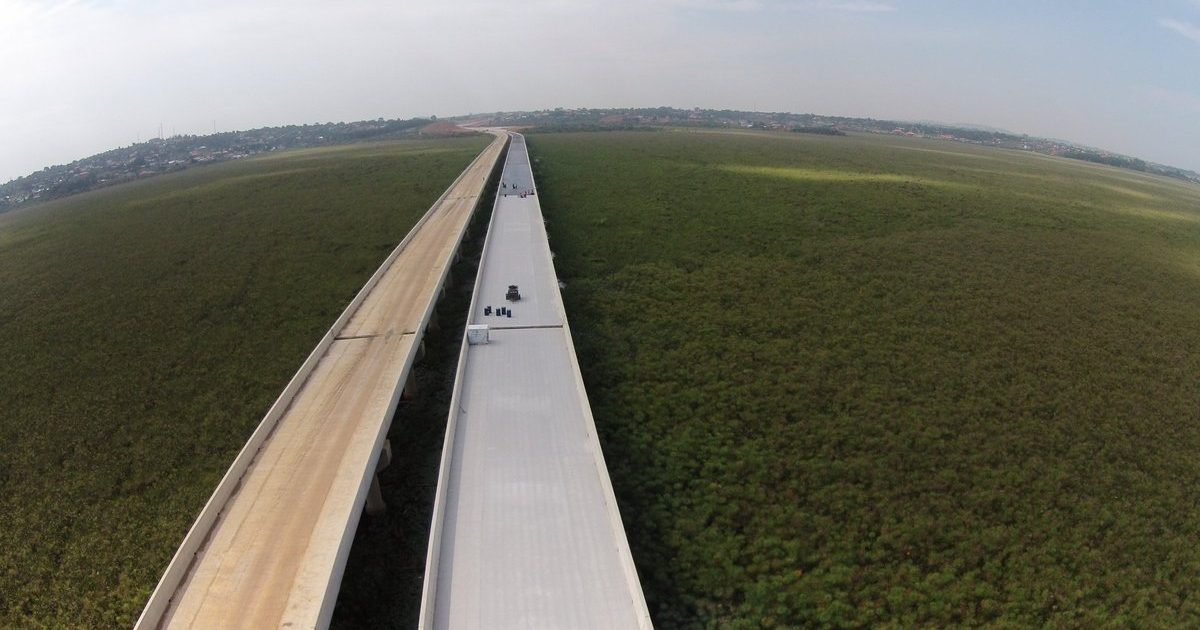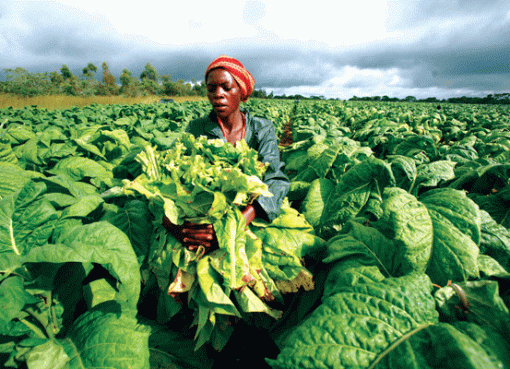Traffic will soar above the muddy swamp between Uganda’s capital and its international airport when a new Chinese-built highway opens in a few months time, but the road itself is mired in controversy.
The government has partly funded the 51-km (30-mile) $580 million expressway with a loan, part of $11 billion in borrowings in the decade since the World Bank cancelled debts about a third that size as part of debt relief for poor states.
Uganda says the four-lane road is the jewel in the crown of an infrastructure programme that will boost economic growth; critics accuse President Yoweri Museveni, in power for 32 years, of squandering debt relief and mortgaging much-anticipated oil revenues before crude starts to flow in 2020.
China alone has loaned the east African nation nearly $3 billion and is in talks for $2.3 billion more as part of its vast overseas development Belt and Road scheme.
“Uganda will grind to a halt as a country because of Museveni’s reckless borrowing. We’re like a patient on life support,” said opposition lawmaker Ibrahim Ssemujju Nganda, alluding to a debt warning from the central bank last year.
The government says the criticism is misplaced.
“We’re not borrowing for consumption and luxury, we are investing,” said Finance Ministry spokesman Jim Mugunga. “The heightened borrowing is deliberate, it’s to put up modern infrastructure and push up economic growth.”
THE ROAD
Uganda’s first expressway should trim the two-hour trip between the capital and international airport to 30 minutes.
Begun in 2012, construction should end in May, missing the initial target by a year. But it is the price, rather than the delays, that has alarmed Uganda’s auditor general, John Muwanga.
In a 2015 report, he noted the new road’s cost per lane per kilometre was double Ethiopia’s six-lane Addis-Adama Expressway, a road built by the same company — the China Communications Construction Co. Ltd — with more features like underpasses and link roads.
“The project costs could have been much lower if the contractor had been procured through competitive bidding,” said the report.
The company did not respond to queries and the Chinese embassy in Kampala was not immediately available for comment.
Patrick Muleme, head of design at state-run Uganda National Roads Authority, said single-sourcing was a requirement for China providing a $350 million Exim bank loan for the road.
Muleme said challenges like a 1.6 kilometre bridge over a vast swamp had driven up the cost.
“When you just see two projects and you compare costs it’s misleading because it doesn’t take into account the peculiarities and the unique features,” he said.
Other differences included variations in cost of materials, topography and land tenure systems, he said.
The auditor general’s report compared only the costs of construction between the two roads, not including $100 million Uganda spent on acquiring the land. Fred Muhumuza, a lecturer at Makerere University who helped carry out initial economic studies for the road, said the price was “insane”.
The expressway is designed as a self-financing toll road, but Muhumuza said there is not enough traffic to Entebbe, a staid, colonial-era lakeside town, that will pay tolls to avoid the more circuitous route. The Uganda National Roads Authority said charges have not yet been determined.
THE DEBT
Slowing exports, declining agricultural output and bureaucratic dysfunction have all taken a toll on Uganda, along with what critics say is rampant corruption.
Economic growth slowed to 3.9 percent in the latest financial year from 4.8 percent the year before. This year, the central bank projects 5 percent growth, still below the 7 percent needed to absorb new entrants to the job market in the youthful nation of 29 million.
Twelve years after the World Bank forgave $3.5 billion, nearly all Uganda’s debt, external debt is now at $11.2 billion, according to figures from the central bank.
“Uganda’s debt may be moving from a level of low to moderate risk of distress,” the bank warned last year.
Ratings agency Moody’s said in August that Uganda faced “deteriorating debt affordability, in part due to growth in non-concessional borrowing.” The warning followed Moody’s downgrade of Uganda’s long-term debt eight months earlier.
In the 2018/19 budget, interest repayments – at 17.3 percent – will consume the largest chunk of domestic revenues.
The climbing repayments come as public hospitals suffer shortages of basic drugs and supplies. Teachers, doctors and other public servants have gone on strike over low and unpaid salaries.
Other mega-projects funded by Chinese loans include two new hydropower dams on the River Nile worth about $2 billion and a $325 million expansion of Entebbe Airport. Talks are ongoing to fund a railway at $2.3 billion.
Auditor General Muwanga has said one of the two dams under construction used “poor quality of concrete” and had “cracks in some sections.”
Yusuf Masaba, spokesman for ministry of energy and minerals, said any problems had been identified and corrected. He said, “cracks or any minor defects do not mean that we’re not getting value for money”.





